Cancer cells can evade detection by the immune system or inactivate immune cells that attack them.
According to the National Cancer Institute, normal cells become cancerous when a series of mutations causes the cells to continue to grow and divide out of control. Normal cells remain where they started, while cancer cells have the ability to invade nearby tissues and spread to distant areas of the body.
These changes can be inherited or caused by external risk factors such as smoking, exposure to ultraviolet light, or chemicals. Mutations can also be completely random. A cancer cell can have thousands of mutations, but only a certain number of these genetic changes in the cell cause the cancer to divide and grow.
The process by which normal cells become cancerous usually goes through stages of hyperplasia (expansion) and dysplasia (abnormal growth). Initially, a cancer cell may look like a normal cell, but as it progresses it becomes more and more abnormal.
The immune system does not recognize and eliminate cancer cells like bacteria and viruses because malignant cells have evolved to avoid detection. Immune cells are tasked with finding abnormal cells and eliminating them by other cells in the body's immune system. However, cancer cells survive by "evading" detection (they camouflage themselves in various ways) or by inactivating the immune cells that attack them.
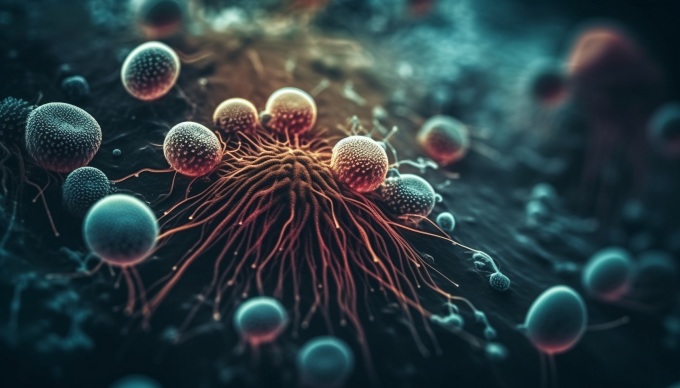
Cancer cells. Illustration: Freepik
The ability of the immune system to recognize and eliminate cancer cells is rare, but if it does occur, the patient can be cured. This process is studied and applied in a cancer treatment method called immunotherapy, which stimulates the patient's immune system to fight cancer cells.
Once cancer has formed, cells are no longer intact, meaning further mutations can occur. This is why resistance to chemotherapy and targeted drugs develops. The cancer cell’s mutations allow it to change, evading the effects of these treatments.
Cancer cells in different parts of a tumor can be different, which is called heterogeneity and plays an important role in diagnosis and treatment.
Precancerous cells look abnormal and resemble cancer cells but are different from cancer cells. Precancerous cells do not have the ability to spread (metastasize) to other areas of the body.
People with a genetic predisposition to cancer do not necessarily develop cancer. However, if a few mutations are present, cells only need to undergo small changes, and environmental influences, to become cancerous.
Mai Cat (According to Very Well Health )
| Readers ask questions about cancer here to get answers from doctors |
Source link



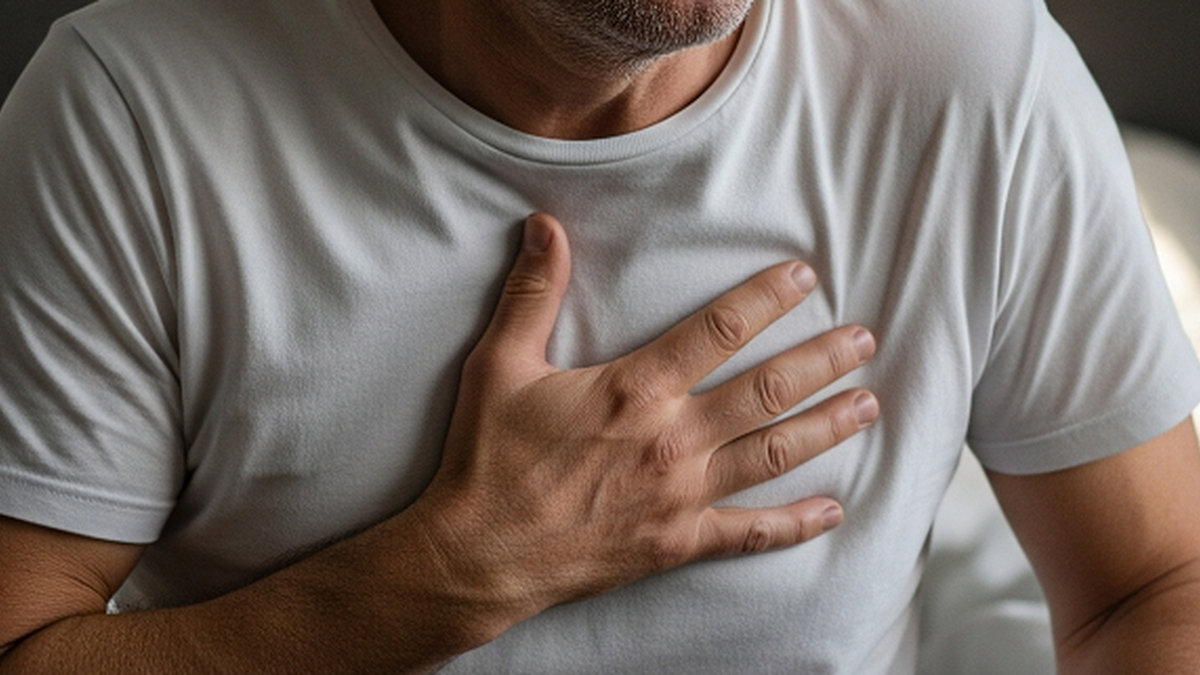

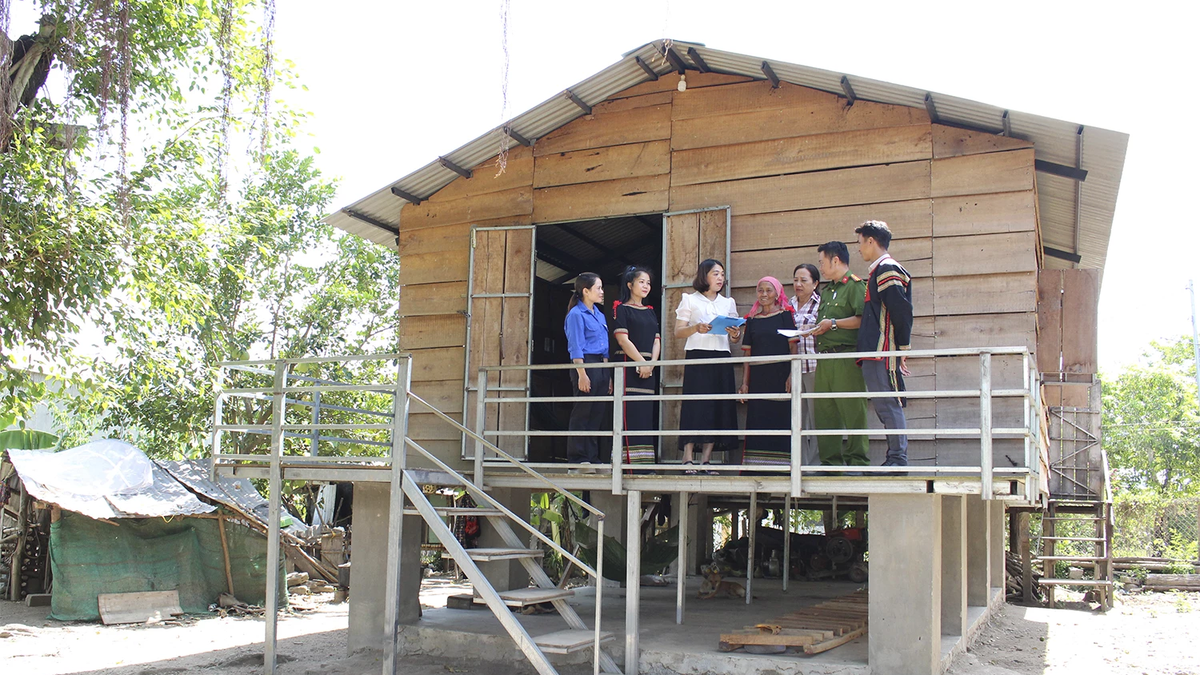
















































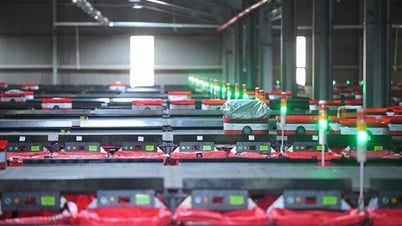





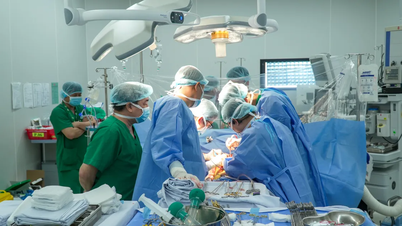










































Comment (0)